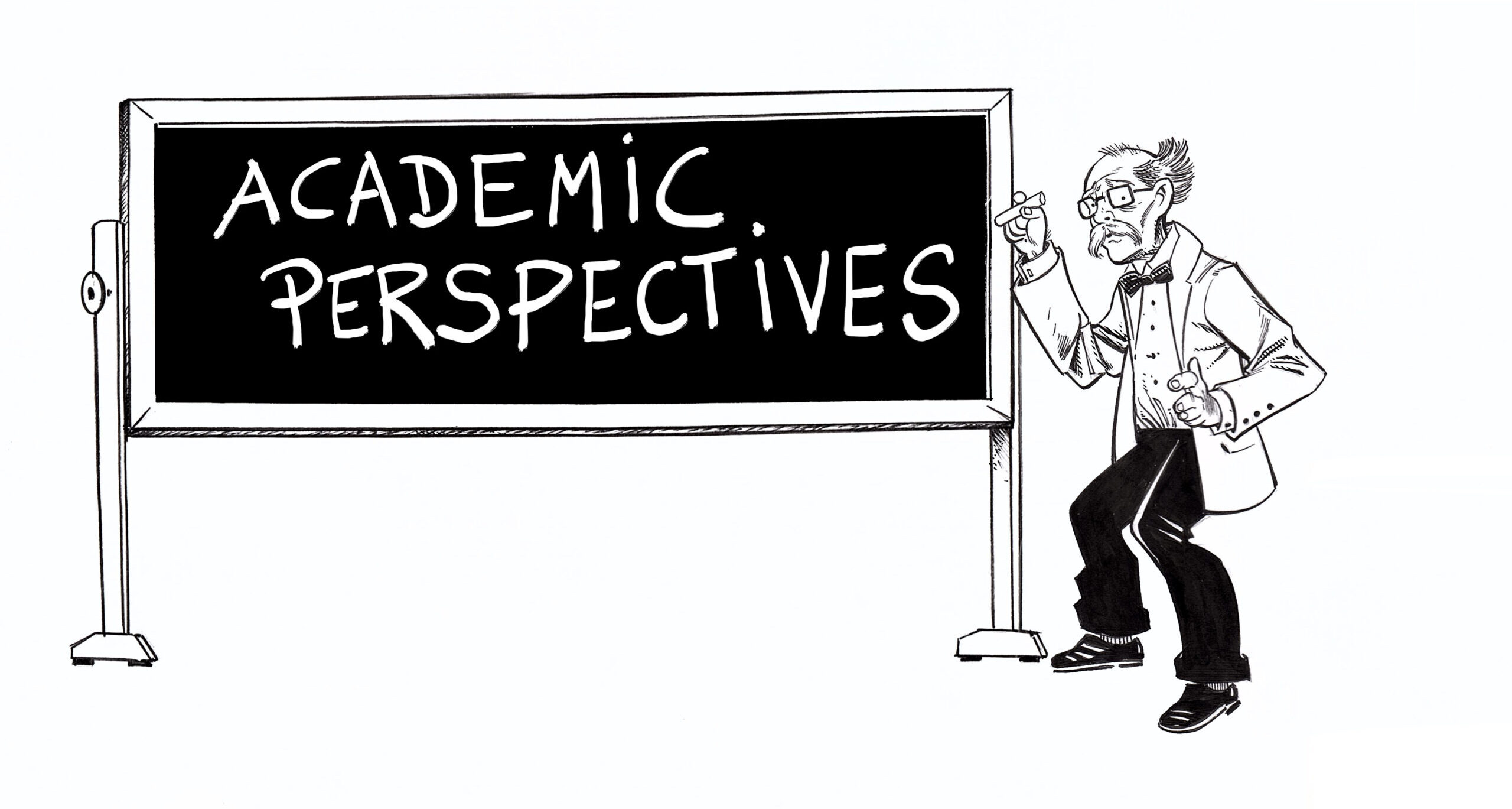Study by Noemí Peña-Miguel and Beatriz Cuadrado-Ballesteros
The aim of this study is to examine the effect of political factors on the use of PPPs in developing countries, focusing on economic infrastructure sectors. As it is the government (politicians) that take the decisions on how to deliver public services, PPPs depend on the incentives of political leadership and public managers. Adopting a political economy approach, the authors expect that political characteristics (such as government ideology and fragmentation, political competition, and the electoral cycle) affect the decision to use PPPs.


